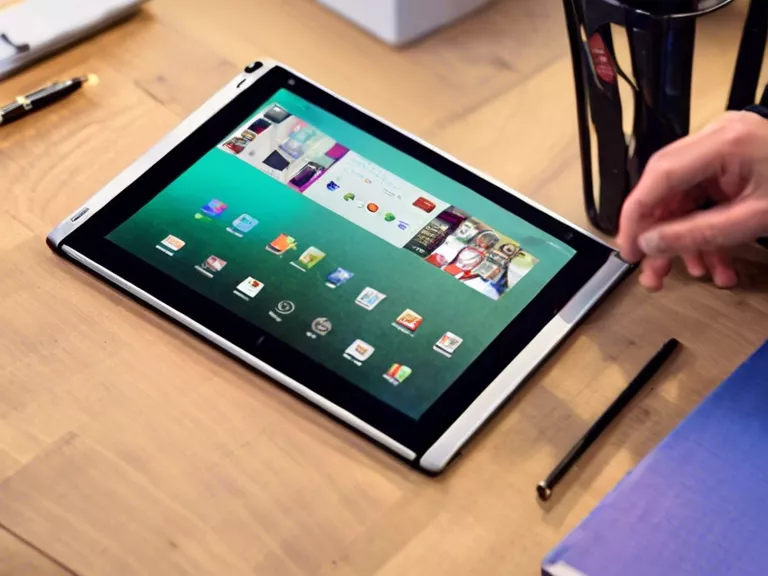
When it comes to choosing a laptop, one of the key factors to consider is finding the right balance between performance and portability. While some users prioritize raw power and performance, others value a lightweight and easy-to-carry device. So, how can you strike the perfect balance between these two important aspects when selecting a laptop?
First and foremost, think about the tasks you will primarily be using the laptop for. If you are a graphic designer, programmer, or gamer, you will likely need a laptop with high-performance specs such as a powerful processor, dedicated graphics card, and ample RAM. In this case, sacrificing some portability for enhanced performance may be necessary to efficiently handle demanding tasks.
On the other hand, if you need a laptop for basic tasks like web browsing, email, and word processing, you may prioritize portability over performance. Opting for a lightweight and slim laptop with decent battery life can make it easier to carry around and use on-the-go.
Another factor to consider is the size and form factor of the laptop. Smaller laptops, such as ultrabooks and 2-in-1 devices, tend to be more portable but may have limitations in terms of performance compared to larger laptops. If you need a larger display for multitasking or prefer a standard keyboard layout, a bigger laptop may be a better choice even if it sacrifices some portability.
When it comes to storage and connectivity options, SSDs offer faster performance but may come at a higher price compared to traditional hard drives. Additionally, having ample ports such as USB, HDMI, and SD card slots can enhance the laptop's versatility and compatibility with various devices.
Ultimately, finding the right balance between performance and portability when choosing a laptop is a personal decision that depends on your specific needs and preferences. By carefully evaluating your requirements and comparing various laptop options, you can make an informed choice that meets your criteria for both performance and portability.



